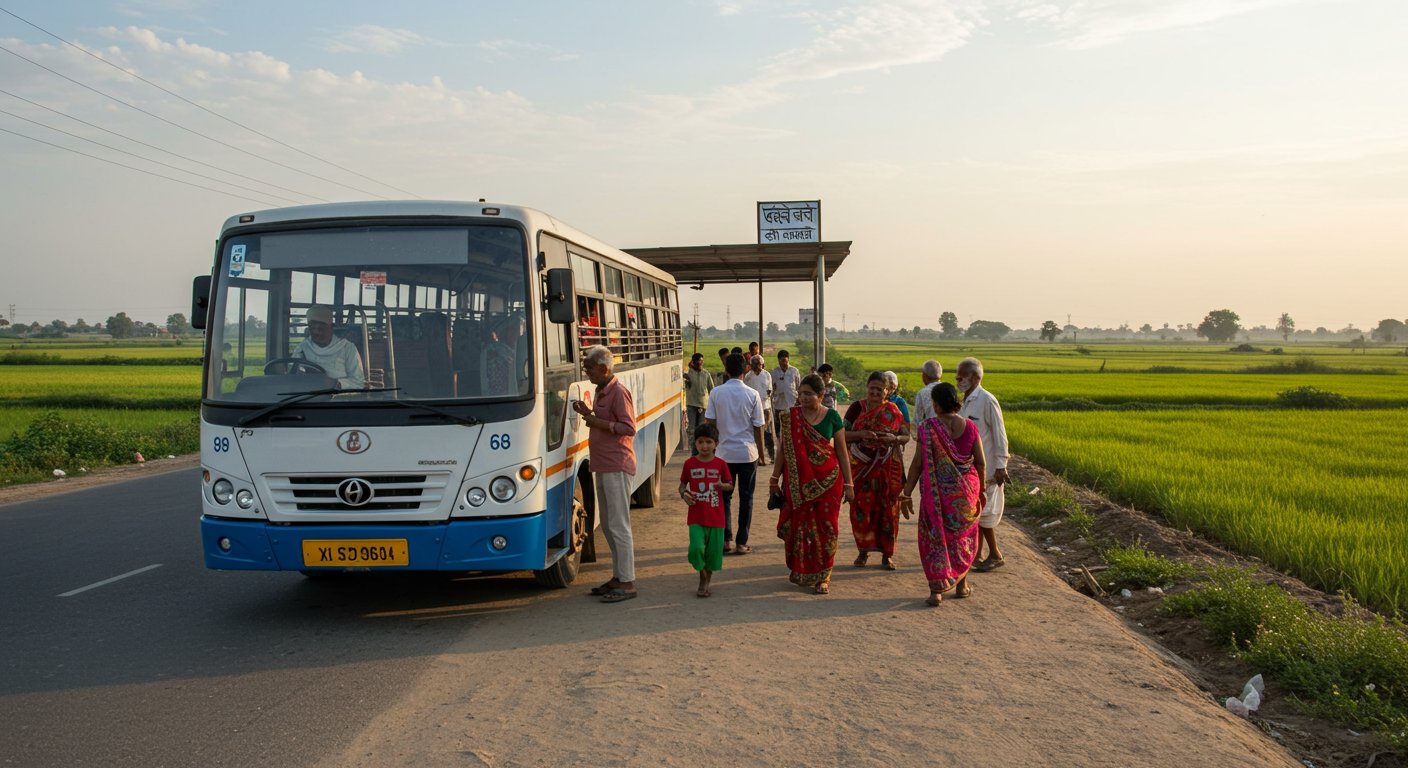New vehicle buyers in Telangana now face significantly higher costs as the state government immediately hikes the life tax on all new vehicles. This sudden increase means purchasing a car or bike will be a much more expensive affair for residents across the state, directly impacting thousands of prospective owners’ budgets. The move, effective at once, puts extra financial pressure on consumers, making the dream of owning new transport harder to reach for many.
New Vehicle Tax Rates Implemented
The Telangana government has recently put into effect higher life tax rates for a wide range of vehicles, including both those used for transport and those for personal use. These new tax rates, introduced through Government Order (GO) No. 53, became effective on August 14, 2025. The changes apply to different vehicle types and are based on the vehicle’s cost and how old it is. This move means that people planning to buy new vehicles in Telangana will now face higher costs.
Why the Government Made This Change
The government has stated that the main reason for increasing these taxes is to make roads better, improve road safety. ensure rules are followed more strictly. The aim is to gather more money to fund improvements in the state’s road network. This is part of the Telangana Motor Vehicles Taxation Act, 1963, which allows for changes to tax rates based on different factors.
What the New Tax Means for Buyers
Under the new rules, the amount of life tax that buyers need to pay when registering a vehicle has gone up. For example, new motorcycles will now have a life tax that ranges from 9 percent to 18 percent of their cost, depending on how much they are priced at. If a new motorcycle costs more than Rs 2 lakh, the tax will be 18 percent. For new cars, jeeps. other non-transport four-wheelers with up to 10 seats, the tax at the time of registration will be between 13 percent and 21 percent. Cars costing less than Rs 5 lakh will be taxed at 13 percent, while luxury vehicles priced above Rs 50 lakh will see a 21 percent tax. The increase is even higher for vehicles owned by companies, institutions, or groups, as well as for people buying a second or more personal vehicle. For these categories, the tax rates start from 15 percent and can go up to 25 percent for vehicles costing more than Rs 50 lakh. There is also an extra 2 percent charge that applies to certain tax categories for these vehicles. Even older vehicles will see higher taxes, though the rates will slowly go down with age. Here is a simple look at some of the new tax rates compared to old ones:
| Vehicle Type and Cost | Old Life Tax Rate (Approx.) | New Life Tax Rate | Additional Burden (Approx.) |
|---|---|---|---|
| Two-wheelers over ₹1 lakh | 12% | 15% | ₹3,200 (for ₹1. 10 lakh bike) |
| Cars ₹10 lakh to ₹20 lakh | 17% | 18% | ₹20,000 |
| Commercial vehicles over ₹20 lakh | 20% | 22% | |
| Commercial vehicles over ₹50 lakh | 25% |
The tax on two-wheelers costing more than Rs 1 lakh has gone up from 12 percent to 15 percent. This means a two-wheeler with an ex-showroom price of Rs 1. 10 lakh, which previously had a tax of Rs 13,200, will now cost Rs 16,500 in tax. For cars in the Rs 10 lakh to Rs 20 lakh range, the life tax has increased from 17 percent to 18 percent, adding about Rs 20,000 to the cost. Vehicles priced above Rs 20 lakh and Rs 50 lakh will also see a 2 percent and 3 percent increase in tax, respectively.
Concerns from Automobile Industry and Public
The increased tax rates are expected to make vehicles more expensive for buyers. Automobile industry experts have openly said that this decision is harsh, especially because vehicle sales in the country are already slowing down. They believe that these higher taxes will make people think twice before buying a vehicle and could affect sales in the long run. Data shows that sales in the domestic market have been falling by about five percent each year. The last period of strong sales was in October and November 2023. The increase in taxes has also raised concerns among families who were planning to buy vehicles during upcoming festival seasons like Dasara and Diwali, as the new rates will add a large burden to their expenses. Transport unions have also protested the tax increase. They say that the government has not brought in any welfare plans for transport workers, even as it increases taxes. Some critics have sarcastically called the tax hike an “Independence Day eve gift.” A former minister and leader of the Bharat Rashtra Samithi (BRS) party, T. Harish Rao, strongly criticized the government’s decision. He called it a “brutal attack” on common people and middle-class families. He pointed out that most two-wheelers now cost more than Rs 1 lakh. many farmers and small traders depend on these vehicles for their work. He said that increasing the tax on these vehicles is like “extortion.” He also stated that for many middle-class families, owning a car is a dream, often fulfilled through loans. the government’s move is “crushing that dream.”
“Today, no two-wheeler costs less than Rs 1 lakh. Farmers and small traders depend on them for their livelihoods. Earlier, on a two-wheeler costing Rs 1. 10 lakh, the tax was Rs 13,200. now it will be Rs 16,500. This is an outright attack on the poor and middle class,” said T. Harish Rao.
He also said that the government is “exploiting people through oppressive taxation policies” and that the total extra burden on people across Telangana due to this life tax hike would be over Rs 1,000 crore each year. He added that the increase in taxes on commercial vehicles, which went from 20 percent to 22 percent for those over Rs 20 lakh and up to 25 percent for those over Rs 50 lakh, will ultimately lead to higher prices for goods and services for the general public.
Background on Vehicle Taxes
In Telangana, the road tax is calculated based on a percentage of the vehicle’s ex-showroom price, which is the price before insurance and other costs. Factors like the type of vehicle, its engine size. its age all play a role in how much tax is paid. electric vehicles (EVs) have been given a full 100 percent exemption from road tax and registration fees. This special benefit for EVs is meant to encourage more people to buy them and help reduce pollution. This exemption is valid for two years, until December 31, 2026. In the fiscal year 2024–25, the transport department collected about Rs 6,990. 29 crore in revenue, showing a 9. 38 percent growth compared to the previous year. Each month, about 7,000 vehicles are sold across Telangana, with roughly 2,000 of them in Hyderabad alone. ![]()









